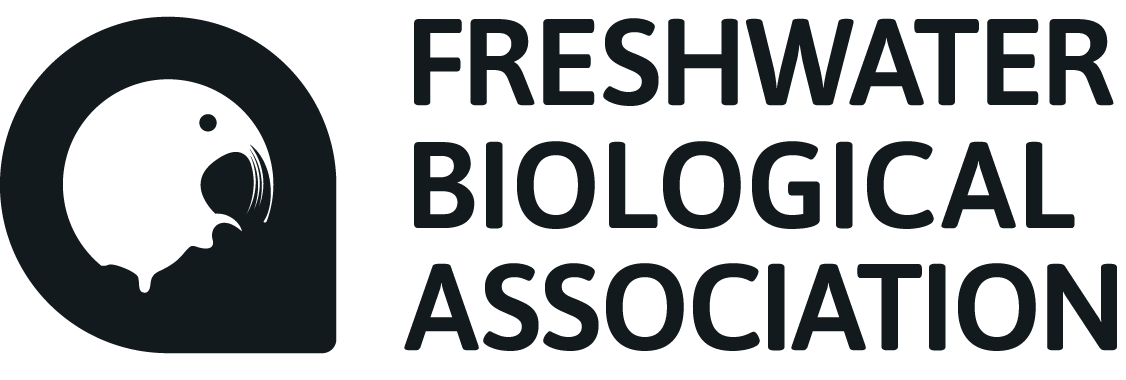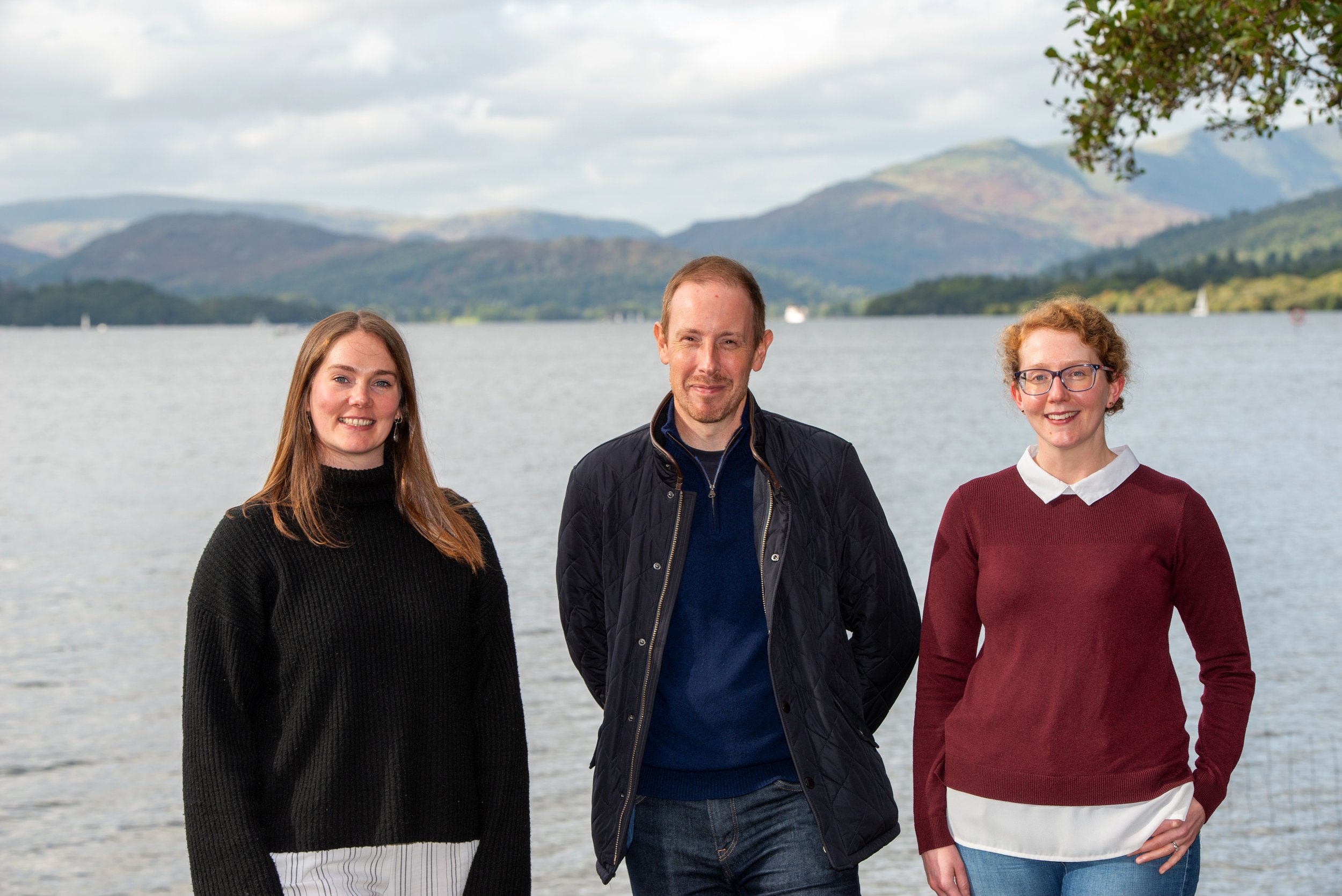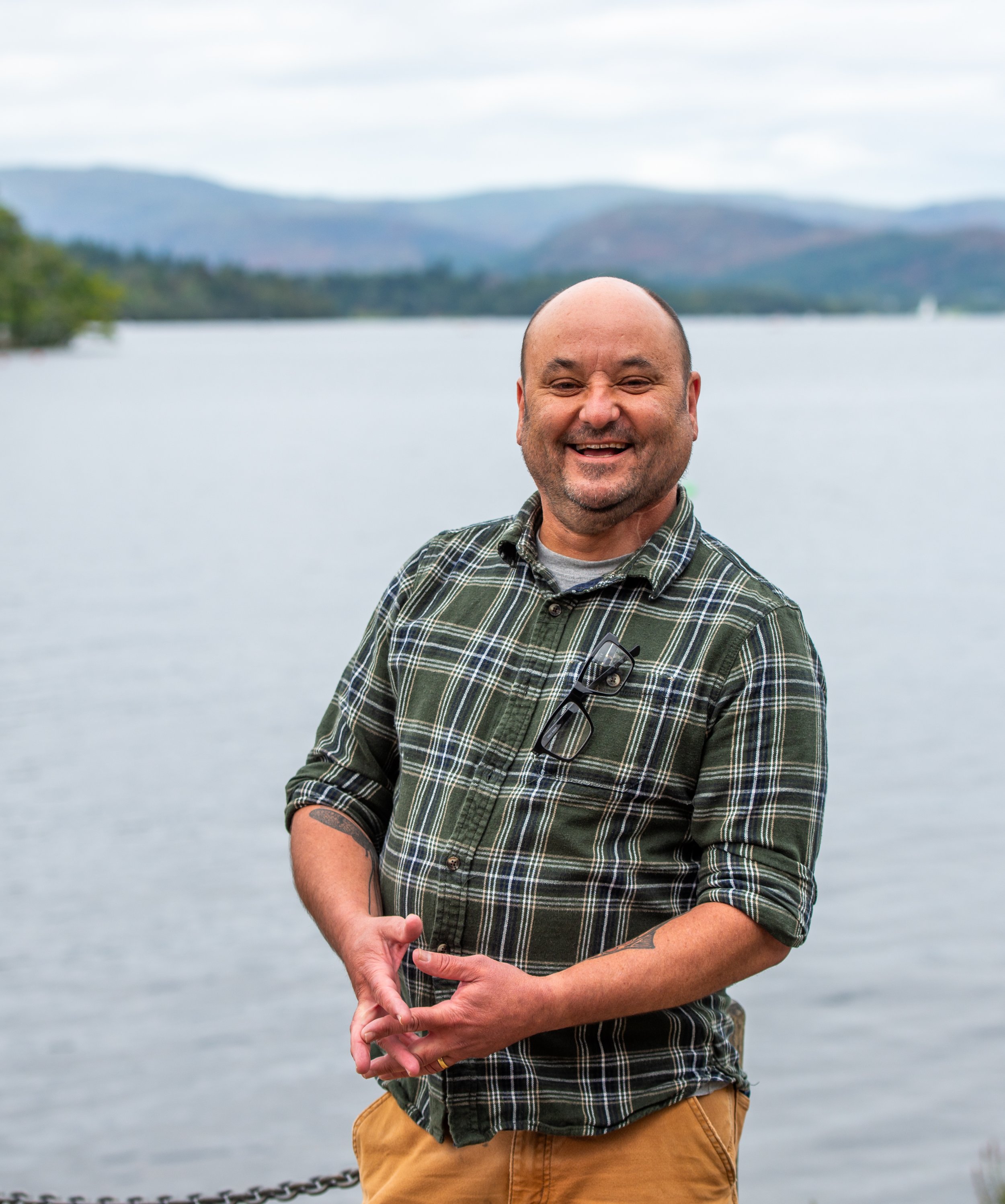Big Windermere Survey Thank You Event report
Emma Kelly, Windermere Project Officer, reports on the Big Windermere Survey Thank You Event.
All photos copyright: Sheenah Alcock
Emma Kelly, Windermere Project Officer
Following five rounds of the Big Windermere Survey during 2022 and 2023, the Freshwater Biological Association and Lancaster University held an event to thank Big Windermere Survey volunteers.
The Big Windermere Survey Thank You Event took place on Saturday 23rd September and was held at the Windermere Jetty Museum. With almost 100 volunteers turning up and coming together to celebrate the day, two sessions were held in order to accommodate everyone!
Attendees included citizen scientists who had volunteered and taken part in a Big Windermere Survey.
The aim of the event was firstly to thank citizen scientists for their contribution and time to the survey and to celebrate the success of the survey to date, and secondly to discuss the results from the first years’ worth of data.
Two sessions were held throughout the day, a morning and afternoon session, which included a presentation with Q&A.
This was followed by activities such as algae identification, eDNA results from the February Big Windermere Survey, Heritage boat tours provided by the Windermere Jetty Museum, and good food (provided by Old School Kitchen), and plenty of good company, of course!
The day was a chance for citizen scientists to meet other volunteers involved in the survey and also to have the opportunity to discuss questions with staff members from the Freshwater Biological Association and Lancaster University. This included (pictured below, left to right), Emma Kelly (Windermere Project Officer), Dr Ben Surridge (Senior Lecturer in Environmental Science at Lancaster University), Dr Lynsey Harper (Windermere Senior Scientist at FBA), and Simon Johnson (Executive Director at FBA), who had all been involved in the Big Windermere Survey.
About the Big Windermere Survey
The Big Windermere Survey is a citizen science led project. Citizen scientists are trained to collect water samples from approximately 100 different locations on Windermere and in the rivers and lakes that flow into it. The samples are analysed for nutrient and bacterial concentrations at independent laboratories, producing the largest, one-day snapshot of conditions in and around Windermere.
Year one of the Big Windermere Survey included four surveys; one to represent each season, in the months of June (summer) and November (autumn) 2022 and February (winter) and April (spring) 2023.
Moving into its second year, the summer survey was completed in August 2023 and results are due to be released in the coming weeks.
The survey aims to identify hotspots of nutrient and faecal material inputs and highlight areas where further investigation is needed. It aims to provide scientific evidence and understanding about water quality in Windermere and the wider Leven catchment, which is used to inform decision making processes and to bring about action and change within the catchment, and support the development of future initiatives to improve water quality.
To date, almost 2,500 water samples have been analysed, which would not have been possible without the dedication and time from Big Windermere Survey citizen scientists.
Over 300 volunteers have contributed their time towards the survey, not including friends, family and pets that are brought along to help! This totals more than 1000 volunteer hours and almost 600 litres of water analysed from the catchment.
The Freshwater Biological Association and Lancaster University hope to be able to set a date for the autumn 2023 Big Windermere Survey in the next few weeks, funding permitting. Watch this space…




